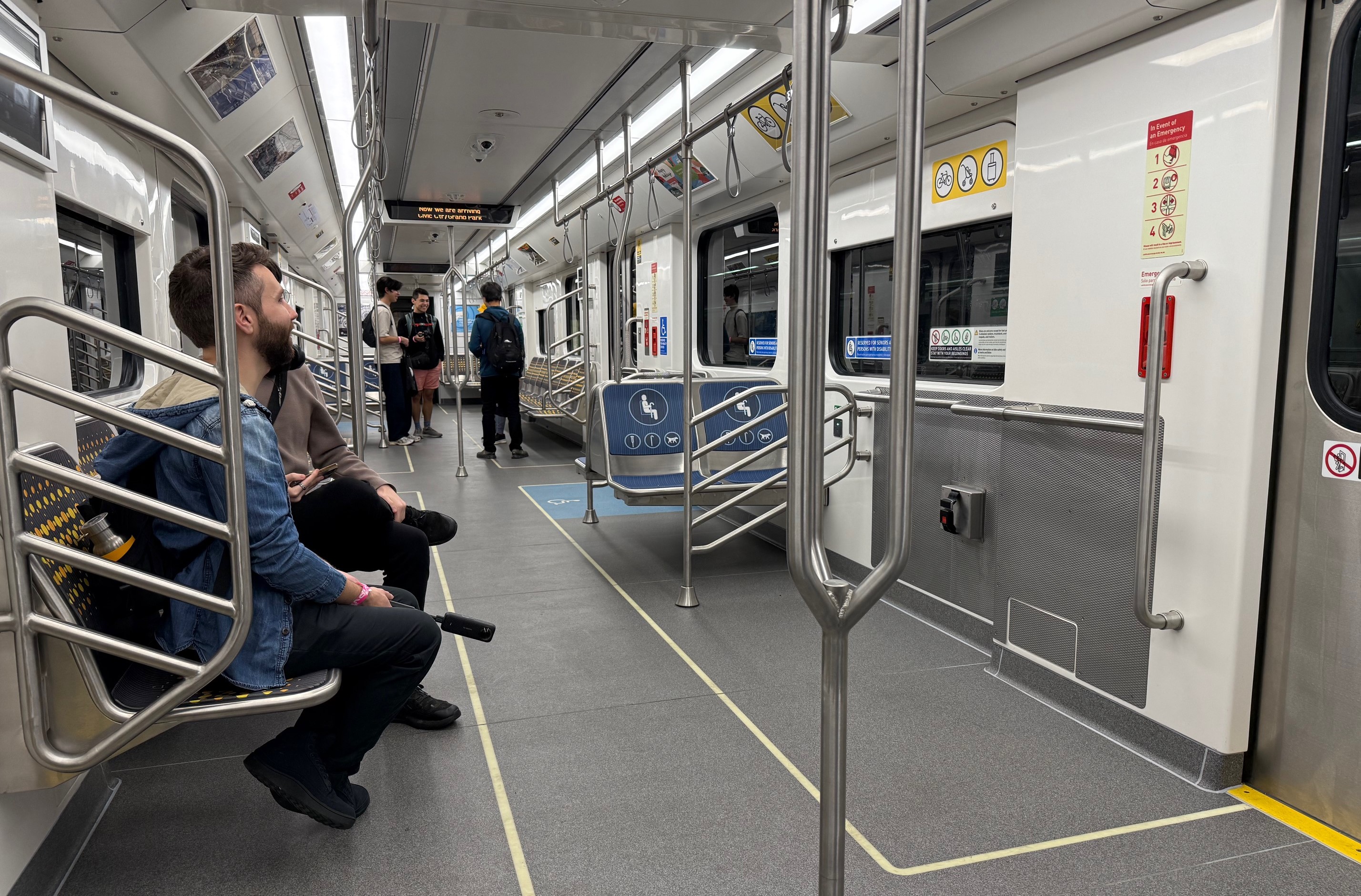
For many transit riders, there's another fare hike coming down the track, one that many may not even be aware of.
A provision of the stimulus bill that offered a larger tax break for some transit riders is set to expire at the end of the year. A new report by TransitCenter [PDF], a non-profit that works to provide tax-free transit benefits, outlines just how many riders will be affected by the end of those benefits, and how hard it will hit ridership numbers. By letting the transit benefit revert back to its pre-stimulus levels, Congress would push Americans away from riding transit and pinch the pocketbooks of those who keep riding.
The tax break was slipped into the stimulus bill by New York Senator Chuck Schumer in early 2009. Previously, riders could buy up to $120 in transit fares per month without paying taxes on that income, while those driving to work could deduct up to $230 in parking costs (one example of how the incentive to drive is embedded in the tax code). Schumer's proviso equalized the caps, but only temporarily. It expires at the end of this year.
TransitCenter found that the higher transit benefit helped increase the number of people who took advantage of it. In 2010, 17 percent more firms offered the pre-tax transit benefit than in 2009, and 29 percent of employers reported higher enrollment in commuter benefits programs while the higher cap was in effect.
Without the higher cap, transit riders paying the national average tax rate of 31.6 percent could see their commuting costs rise up to 18 percent higher. For riders facing such a large effective fare hike, the train won't look so appealing anymore. The report looked at studies of previous fare hikes and found that an 18 percent increase in price will translate into a five to nine percent drop in ridership among that group.
The cap reduction won't affect every transit rider. On the nation's largest urban transit systems, like New York City Transit or L.A. Metro, the cost of a monthly pass is below $120. However, TransitCenter found that of all Americans taking advantage of the commuter tax benefit, around 30 percent spend more than $120. Many of those are commuter rail riders; more than 200,000 people take advantage of the increased tax benefit on New York City's three commuter rail lines alone, according to TransitCenter.
Schumer has a bill in the Senate, S. 322, that would make the increased transit benefit permanent, but it only has 14 co-sponsors, none of whom are Republicans. The House version of the bill, sponsored by Massachusetts rep Jim McGovern, has 47 co-sponsors, including two Republicans.




